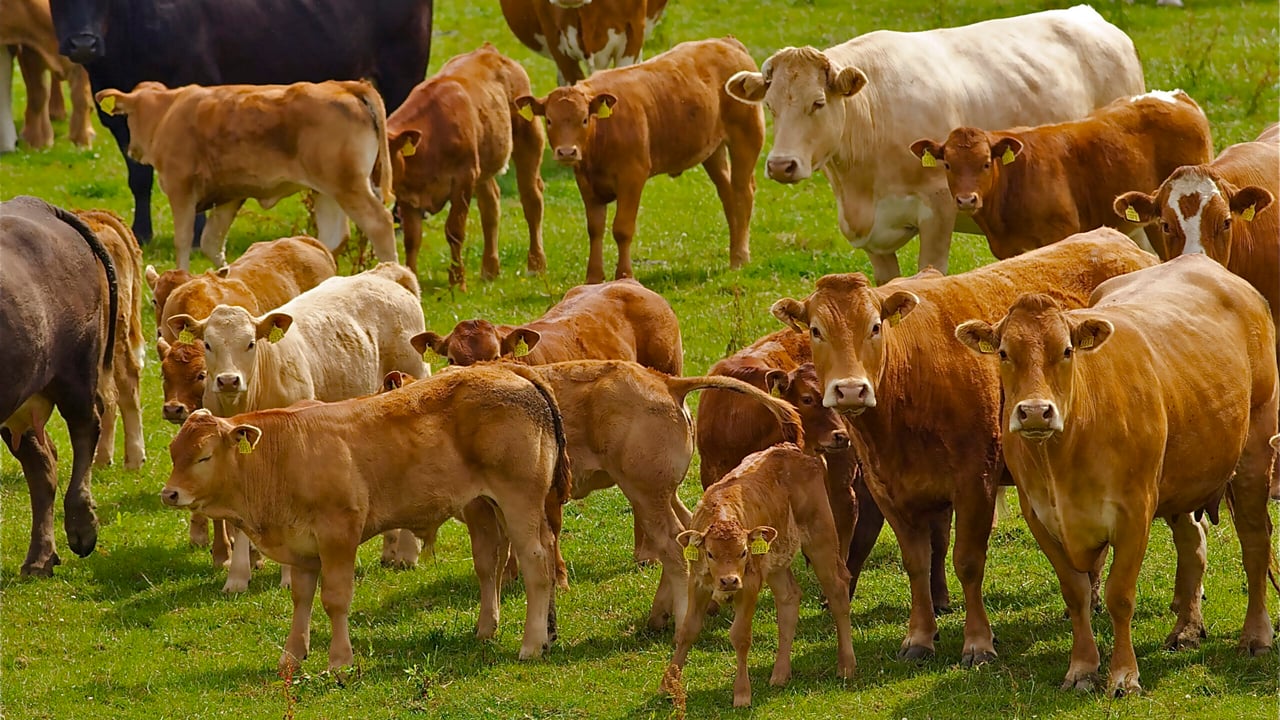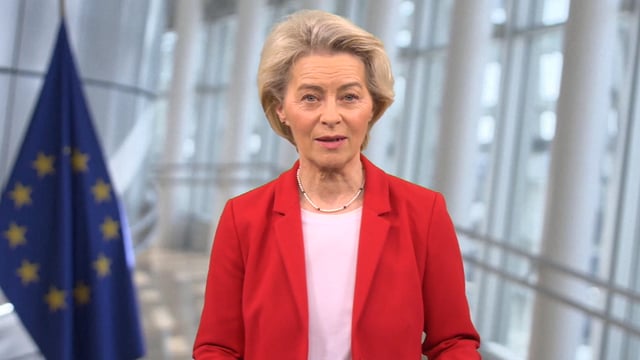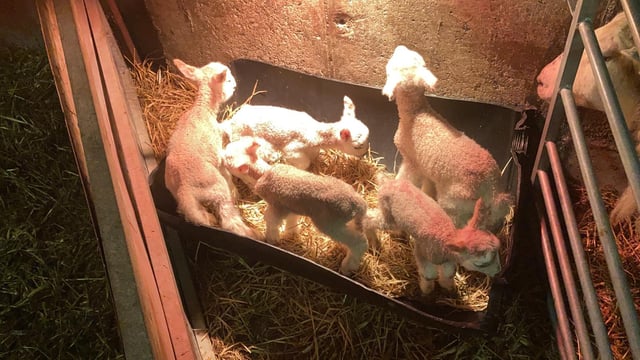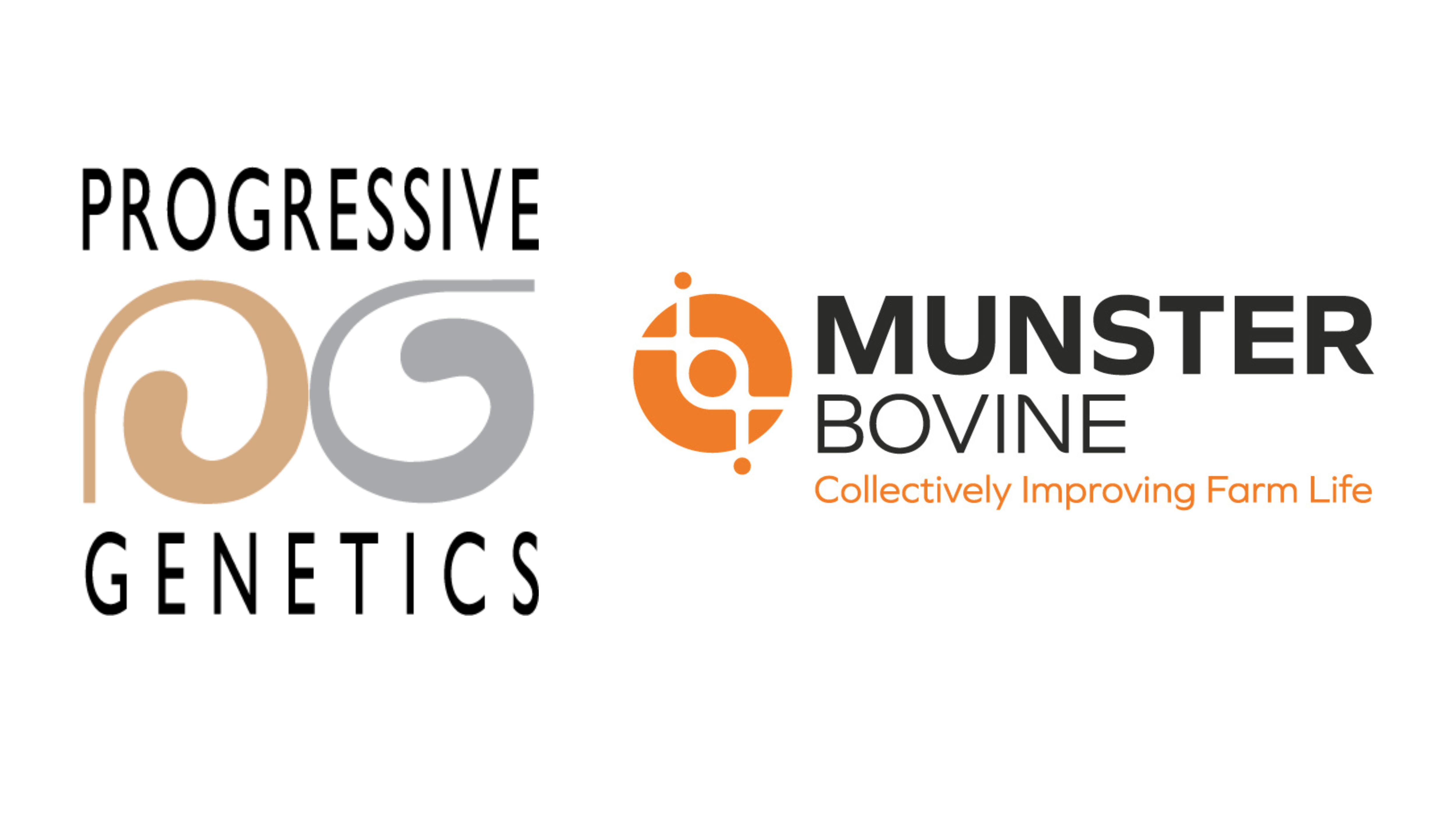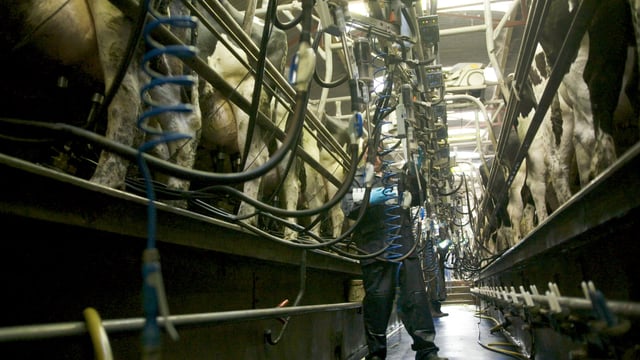Study: Maintaining milk output would need 96% cut in suckler beef
Lack of consensus on how to account for greenhouse gases (GHGs) from agriculture is impeding policy development for 'net zero' climate targets to ensure a just transition for farmers, the authors of a new scientific study have said.
Many countries have signed up to net zero climate targets by 2050 - less than 26 years from now – which means no longer adding to the total amount of GHGs in the atmosphere in a bid to limit global temperature rise to 1.5°C.
What this means for one of the main contributing emissions, carbon dioxide (CO2), is very clear, the study led by researchers at University of Galway noted.
However, the team say their findings raise concerns over significant gaps in how countries should tackle GHGs which they say are intrinsically linked with farming - nitrous oxide (N2O) and methane.
In the study, published in 'Nature Communications, Earth & Environment', the researchers analysed 3,000 scenarios of agricultural activities and land uses in Ireland out to the year 2100.
They used 10 definitions of net zero while also accounting for future emissions reductions via farm management and new technology.
In order to meet targets using any of the definitions of net zero, the analysis found:
- Transformation of Ireland’s agriculture and land sector is required, involving ambitious tree planting and wetland restoration;
- Increased biodiversity is needed alongside technical abatement measures such as low emission slurry spreading (LESS) and anaerobic digestion (AD) of manures;
- Land use scenarios that achieved net zero had larger areas of rewetted peat soils, more than double the current area of forestry, and substantially lower meat and/or milk outputs relative to 2021;
- Maintaining milk production close to 2021 levels would require a reduction of up to 97% in suckler-beef output;
- Net zero definitions requiring the least dramatic changes in agriculture and land use include those focused only on CO2 – meaning no targets for N2O and methane - or those based on an alternative accounting approach (GWP*) that attributes a “cooling” effect to a reduction in methane emissions;
- Net zero definitions requiring the most dramatic transformations - e.g., the largest reductions in milk and beef output - were those based on the long-term offset of cumulative emissions between 2050 and 2100 and those based on Irish methane emissions being capped based on a per-capita “fair share” of “allowable” global methane emissions.
Colm Duffy, research fellow at University of Galway and co-lead author, said: “Our study shows just how much the national interpretation of net zero could shape Ireland's future landscape, with implications for the environment, the economy and rural communities.
"Choices that may seem difficult now will only become more difficult with delay - clarity is urgently needed to plan a just transition," he added.
David Styles, associate professor at University of Galway and study coordinator, added: “For carbon dioxide, net zero represents a clear, absolute target that is invaluable for strategic decision making.
"Including nitrous oxide and methane emissions from agriculture in national climate targets is crucial, but lacks consensus and involves contentious value judgements.
"Some targets may be perceived as unfair to Ireland, given that they either don’t take into account the distinct warming effect of methane through time, or they disregard Ireland’s outsize contribution to global milk and beef production," he added.
The academic added that other targets may be perceived as unfair by other countries because they allow Ireland to "maintain disproportionately high emissions of methane" and nitrous oxide.
George Bishop, postdoctoral researcher at University of Galway and co-lead author, concluded: “Actions like planting forests take time to deliver benefits.
"Delaying decisions due to fuzzy net zero goals makes the challenge harder, but also risks missing out on economic opportunities that can support a just transition.
"A clear vision for a net zero agriculture and land sector is desperately needed to inform strategic decision making by farmers and other stakeholders.
"This vision must be founded upon a robust and internationally-defendable definition of net zero," he explained.
The researchers have said that the question of net zero and how to define strategic policy to achieve the targets, has profound implications and the “what, where, and how” of future sustainable food production, peatland management and tree planting.
The issue is acute for Ireland, where more than 40% of GHG emissions originate from farming and land use, largely in the form of methane and N20, according to the academics.
The researchers also noted that policy on net zero should not just be about 2050. Some definitions consider the long-term warming impact out to the year 2100, which they say is vital to ensure that achieving net zero can be sustained beyond mid-century.
Reaching net zero emissions means different things depending on how you count them, according to the team of researchers. They explored several ways to define it for Ireland:
- Carbon only: Just balance out CO2 emissions – the most easily achievable option, but ignores the warming effect of other GHGs;
- GWP100: The standard approach. Balances all GHGs, but disregards the different timescales of warming linked with different gases;
- GWP*: A newer method. Accounts for how long different gases stay in the atmosphere to improve estimates of warming effect through time, and recognises the distinct non-zero emission target for methane. However, problematic for attribution of warming effects;
- Methane targets: Sets a specific limit for methane emissions based on downscaling of global methane emissions compatible with climate stabilisation (important since Ireland has lots from livestock). How the limit is set impacts fairness between countries.
- Grandparenting: Countries use recent global emissions levels as a baseline against which to target equal % reductions across countries (allows historical polluters to keep emitting relatively more);
- Population-based: The target global emission level is shared across countries based on number of inhabitants (everyone is attributed an equal 'share' of 'allowable' global methane emissions);
- Protein-based: The target global emission level is shared across countries based on how much animal-based protein (meat, dairy) a country produces.

